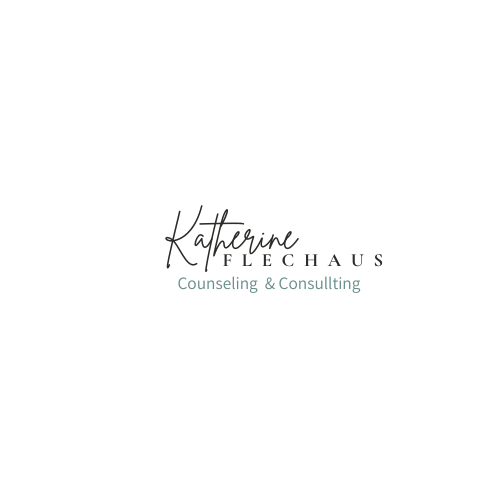Counseling for Anxiety and Overthinking
in New York and Florida
That harsh inner voice has had the spotlight long enough
—it’s time for you to take back control.
The Inner Critic- Is this the source of your anxious thinking?
Do you have an inner critic—the voice in your head that fuels self-doubt, overthinking, or imposter syndrome? This relentless inner voice often tells you that you’re not good enough, creative enough, or capable enough—the one that chips away at your self-esteem and confidence. It’s a common experience shared by actors, dancers, musicians, executives, entrepreneurs, parents, and students alike.
In therapy, we can explore the origins of this critical voice, understand the role it once served, and develop healthier ways of relating to it. Using approaches like Cognitive Behavioral Therapy (CBT), you’ll learn to challenge negative self-talk, reframe limiting beliefs, and build resilience.
The goal isn’t to silence the voice completely, but to shift its power—so it no longer runs the show. Instead, it becomes a quiet reminder rather than a source of doubt, allowing you to move forward with clarity, confidence, and self-trust.
KF Counseling offers online therapy for adults in New York and Florida who want to overcome self-doubt, improve self-worth, and build healthier thought patterns.
“She has been amazing, and has been my safe space and also given me knowledge to what Im dealing with. Which I could have never done alone.”
Together, we can quiet the doubts and make space for confidence and self-trust.
The Problem:
Do you find yourself stuck in cycles of self-doubt?
Is there a harsh inner critic that constantly holds you back?
Do you avoid people, opportunities, or decisions because deep down you don’t feel “good enough”?
Low self-esteem can quietly shape how you relate to others, pursue goals, and handle life’s challenges. Over time, it can leave you feeling disconnected from your true self.
The Intervention:
Therapy offers a supportive, nonjudgmental space to explore the beliefs and experiences that have shaped how you see yourself. Together, we’ll identify negative thought patterns, challenge internalized messages, and begin to rebuild a more compassionate relationship with yourself. Using evidence-based strategies like Cognitive Behavioral Therapy (CBT), we’ll work toward rewiring the way you think, feel, and act.
The Goal:
By identifying and challenging internalized beliefs that have kept you stuck in self-doubt, you’ll begin to rewrite your narrative from a place of self-worth rather than criticism. Through ongoing reflection, skill-building, and the practice of self-compassion, you’ll develop a stronger, more empowered sense of identity. You’ll learn to trust your own voice, take up space, and approach life’s decisions with greater confidence and emotional stability
Anxiety can take many forms:
-
A normal, often temporary feeling of uncertainty about your abilities, decisions, or worth. It can show up in any area of life (work, parenting, relationships, creative pursuits). Although it can be healthy in small doses (it keeps us thoughtful and careful), persistent self-doubt can erode confidence and stop you from taking risks.
-
A persistent belief that your success is due to luck, timing, or others’ overestimation of you—despite clear evidence of competence. It is often tied to achievement and professional identity (though it can affect other areas too). It creates ongoing anxiety, perfectionism, fear of failure, and sometimes burnout. It’s not just doubting a skill — it’s doubting your right to your role or success.
-
It is often rooted in early experiences or learned beliefs about worth and success. It is the tendency to set unrealistically high standards for yourself, combined with a critical inner voice that focuses on mistakes or flaws instead of accomplishments. It can lead to low self-esteem, burnout, strained relationships, and procrastination.









